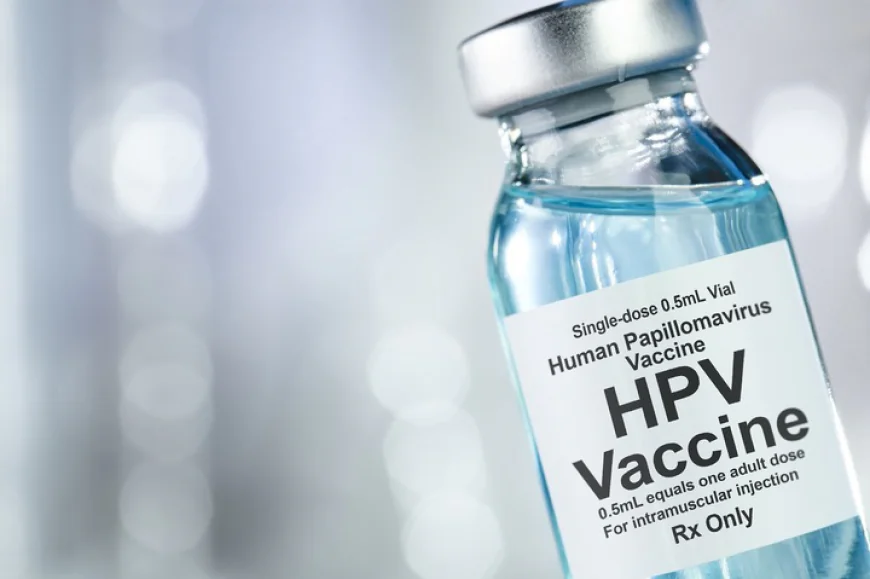Ghana receives shipment of Human Papillomavirus (HPV) vaccines.
Ghana has received its first consignment of Human Papillomavirus (HPV) vaccines, signaling a major leap in public health and adolescent immunisation.

The Governemt of Ghana has received its first consignment of Human Papillomavirus (HPV) vaccines, signaling a major leap in public health and adolescent immunisation.
The initial batch includes 441,860 doses of the vaccine, with over 2.5 million doses expected in total in the weeks ahead. The rollout, led by the Ghana Health Service (GHS) in partnership with UNICEF, marks the country’s official entry into the global fight against HPV-related diseases. The vaccines will be offered free of charge under the Expanded Programme on Immunisation (EPI).
A nationwide five-day immunisation campaign is slated for September 2025, targeting girls aged 9 to 14 years—a demographic scientifically proven to gain the most protective benefit from the vaccine. Post-campaign, HPV shots will be routinely administered to girls upon reaching age nine.
Health officials say the campaign is a critical response to the high incidence of cervical cancer, which remains one of the leading causes of cancer-related deaths among women in Ghana. HPV, the virus responsible, is transmitted sexually and often develops silently until it becomes life-threatening. However, the vaccine is highly effective in preventing the virus and its associated cancers when administered early.
“This is a historic day for girls’ health in Ghana,” said GHS Director-General Dr. Patrick Kuma-Aboagye. “We are sending a clear message: cervical cancer is preventable, and we are taking bold steps to eliminate it.”
The move aligns Ghana with more than 140 countries that have already adopted the HPV vaccine into their national immunisation schedules and is expected to reduce cancer-related healthcare costs while improving long-term outcomes for women and girls.


